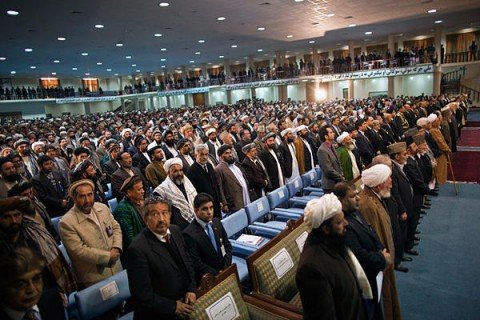Social Covenants: The Missing Ingredient in State Building Efforts
Political theorists have for the most part focused on the state when thinking about how to make countries work better for their populations. This has naturally led to a concern with state-society relations, how governments are chosen and run, and institutions. There is wide consensus that social contracts play the central role in state building.
This thinking has heavily influenced how the international community approaches fragile states, post-conflict situations, and transitions as well as development in general. As the OECD/DAC explained in Concepts and Dilemmas of State Building in Fragile Situations:
Fragility arises primarily from weaknesses in the dynamic political process through which citizens’ expectations of the state and state expectations of citizens are reconciled and brought into equilibrium with the state’s capacity to deliver services. Reaching equilibrium in this negotiation over the social contract is the critical if not sole determinant of resilience, and disequilibrium the determinant of fragility. [page 7]
This focus on the state shapes responses to crises in places such as the Democratic Republic of the Congo, Libya, Syria, and Afghanistan, compelling the international community to prioritize the establishment of a transitional regime and fast track elections under the belief that this is the sole way to create legitimacy no matter the circumstances or the context.
But many of these countries have deeply-entrenched problems that a focus on the state cannot solve. Different religious, ethnic, and clan groups do not work together well, and see any competition for power as a zero sum game for exclusive control of the state. Government is weakly institutionalized, and unable to act as an independent, equitable arbitrator between different interests. Judges and officials are beholden to personal relationships, power politics, or money (and sometimes all three). In such places, winners of elections rarely see it as their duty to serve all their people, and often define their rights as whatever they can get away with—negating whatever social contract the process was supposed to establish. (more…)



